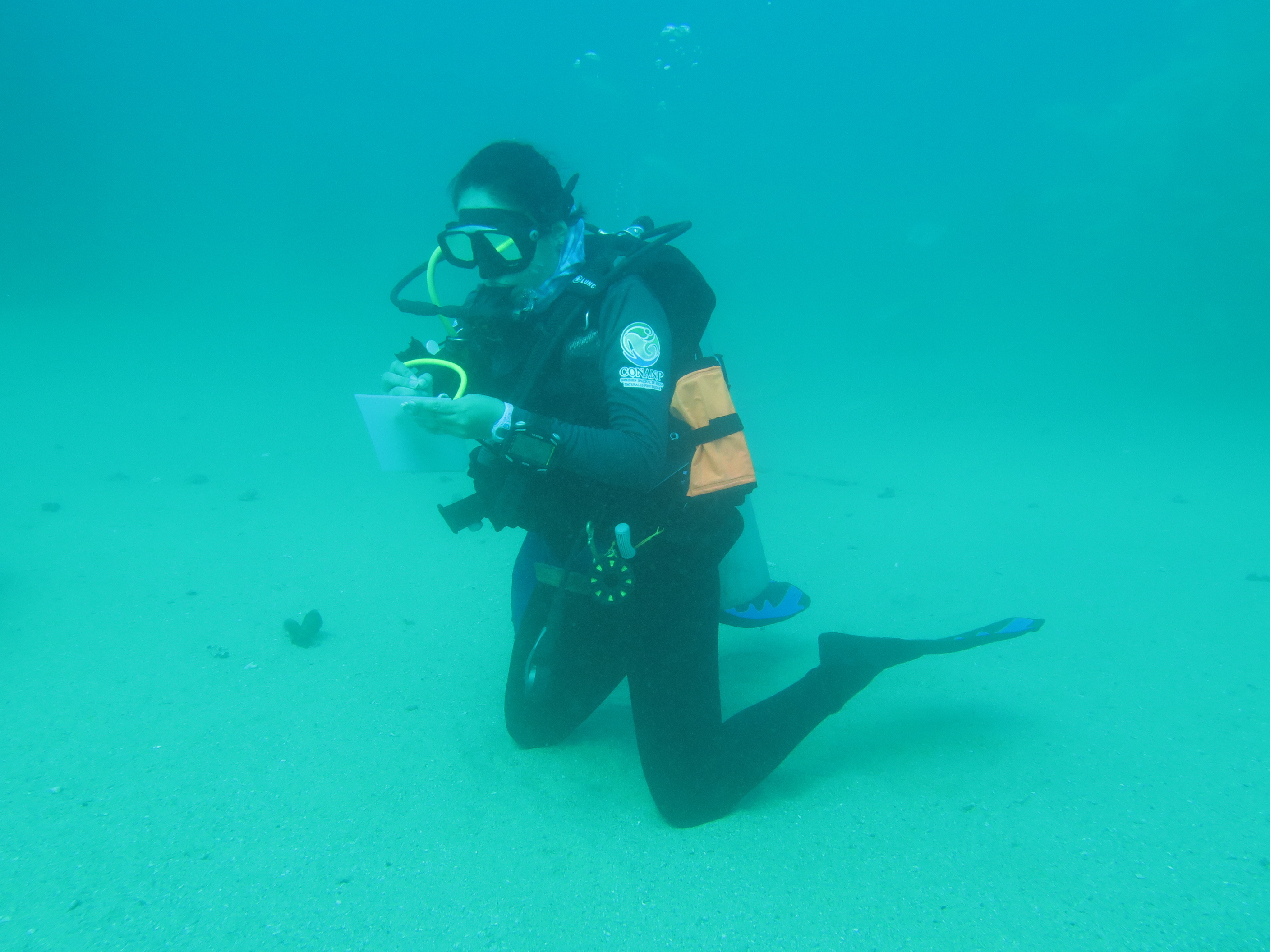The foundation of any SeaSketch project is geospatial information (maps) displayed as map services. There are no minimum data requirements. You can begin working with whatever you've got. Maps may be published as Esri REST Services (e.g., with ArcGIS Server or ArcGIS online) and open source mapping services (e.g., WMS, WMTS) and then imported into SeaSketch. Example maps include administrative boundaries (e.g., EEZ, territorial sea, existing MPAs), seafloor habitats, bathymetry, human uses, etc.
The maps you choose to include as Data Layers in SeaSketch depend on the goals of your process. If you are planning for marine protected areas, shipping lanes and aquaculture sites, you may want navigational charts, habitat maps, the distribution of fishing activities and other layers that may be used to guide users in the design of their plans. Protected areas are only meaningful if they effectively protect certain habitats, shipping lanes minimize collision and maximize efficiency, aquaculture sites are located in certain depth zones, etc. On a case-by-case basis, you will need to evaluate what data need to be viewed as maps, and what subset of these data need to be analysed.
In some cases, relevant map data may already be published as map services and discoverable in coastal atlases and other map portals. As long as they are in the correct formats (Esri map services, WMS, WMTS, etc), they may be imported directly into SeaSketch and displayed as map layers.
In many cases, it will be advantageous to publish your own map services for display in SeaSketch. This will give you control over the cartography and performance of the maps.
Successful projects usually have a single GIS technician who is responsible for locating existing map services, acquiring data from providers (government agencies, NGOs, academics) and generating new map services using standard desktop and web-mapping tools.
